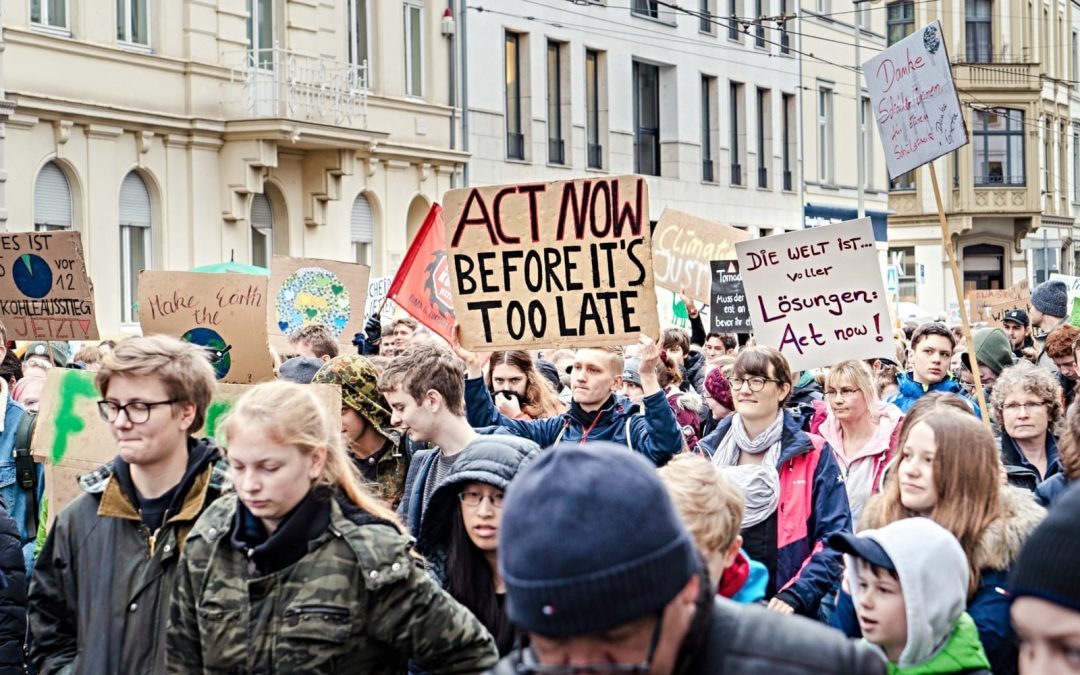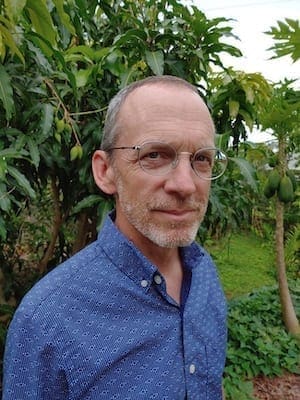The world’s leading climate scientists announced, last October, that humanity has only 12 years for global warming to be kept to a maximum of 1.5 degrees Celsius (2.7 degrees Fahrenheit).
They warned that temperature gains beyond this threshold will move the world into heightened risks of extreme drought, flooding and heat, as well as worsened poverty. Hundreds of millions of people will be affected.
Over the past four decades, my ministry path has given me opportunity to interact with smallholder farmers throughout the majority world (in other words, developing nations).
Asked why food production is increasingly difficult, they often cite less predictable rainfall and other types of extreme weather.
Presently, through the Cooperative Baptist Fellowship’s Global Missions, my efforts are divided between domestic disaster response and migrant farmworker ministry in southwest Florida.
Related to disaster recovery, we have been stretched thin in simultaneous responses to Hurricanes Harvey, Irma, Maria, Florence and Michael.
And concerning the vulnerability of farmworkers, we understand that many Central American migrants have been pushed off their own farms due to years of drought.
Drawing on the Saul Alinsky illustration of rescuing drowning people from the river – in this case, storm victims and climate refugees – when we ask, “Who, upstream is throwing them in?” it would be necessary to admit that we all are.
In other words, due to our collective carbon emissions footprint, each of us is helping to destabilize a world that is increasingly devastated by rising sea levels, storms and drought.
There is a growing consensus that to combat climate change, we must leave carbon in the ground.
Yet practically everything we do – and eat – is tied to the use of fossil fuels. This is where it all gets so complicated.
It will require a herculean effort to transform our carbon-based economy (and way of life) to one powered by renewable energy.
I’m willing to do my part, as small as it may be. While we can’t afford solar panels or an electric car, we’ve done our best to make our home more energy efficient.
We grow some of our own food and offset our energy use through investments in renewables and efforts to plant trees. We also vote.
But to get anywhere near a low/zero-carbon future to avert a 1.5-degree Celsius rise in temperature will require rapid and effective statesmanship, scientific breakthroughs and economic resolve. Given today’s political climate, we’re nowhere close.
Not only is the world still divided between climate-change believers and deniers, even we believers can’t agree on the best way forward.
While by no means a vegan, I feel that commercial meat production is a major contributor to climate change.
Meanwhile, one of my best friends, equally concerned about climate change, is an ardent defender of meat consumption.
With the climate clock ticking, and insufficient solidarity to mitigate the challenge, there are some who argue that only fear can motivate enough of us to take climate change seriously and respond to the threat.
The problem with fear is that it’s already a reality for millions presently impacted by cyclones, droughts and other severe weather events.
Meanwhile, the rest of us who are still untouched – whether we live a continent or country away from current impacts – somehow remain complacent.
Perhaps universal fear would be the ultimate motivator for response. But this would be too little, too late.
Any chain of events bringing us to that state would have already resulted in widespread, cataclysmic loss to humanity.
Our only hope is divine love. Such love is already compelling us to minister to the victims of climate change. And only love will lead us to repentance for our overconsumption and guide the reformation of economies.
We’re talking about a Great Commandment type of love, honoring God and all of Creation.
To affect the drastic and positive change that’s required to impede full-scale climate disaster, we will need to win multitudes to the cause.
As opposed to engaging in the self-righteous shaming of deniers and laggards, we must forge ahead by demonstrating compassion and practical action.
“Loving Neighbors Across Time,” written in 1991 by Robert Parham, founder of the Baptist Center for Ethics / EthicsDaily.com, was my first encounter with a creation care book.
Parham’s work influenced me to better understand the role of the body of Christ in taking responsibility for the climate crisis by alleviating related suffering and mitigating further damage.
Decades after reading “Loving Neighbors Across Time,” I now have a grandchild. Obviously, I’m very concerned about the world we’re leaving behind for him and others.
But in the spirit of Robert Parham, let us never forget that perfect love casts out all fear. Boldly, we must cherish what God has created, loving our neighbors everywhere, including those across time.
Editor’s note: This article is part of a series for Earth Day 2019 (April 22). The previous article in the series is:
5 Practical Measures to Turn Around Our Declining Environment by Sam Harrell
Rick Burnette serves as one of CBF’s Global Mission Field Personnel, managing domestic disaster response and engaging in food security and advocacy efforts among migrant farmworkers in Southwest Florida through Cultivate Abundance, a nonprofit that he and his wife, Ellen, founded in 2017.


